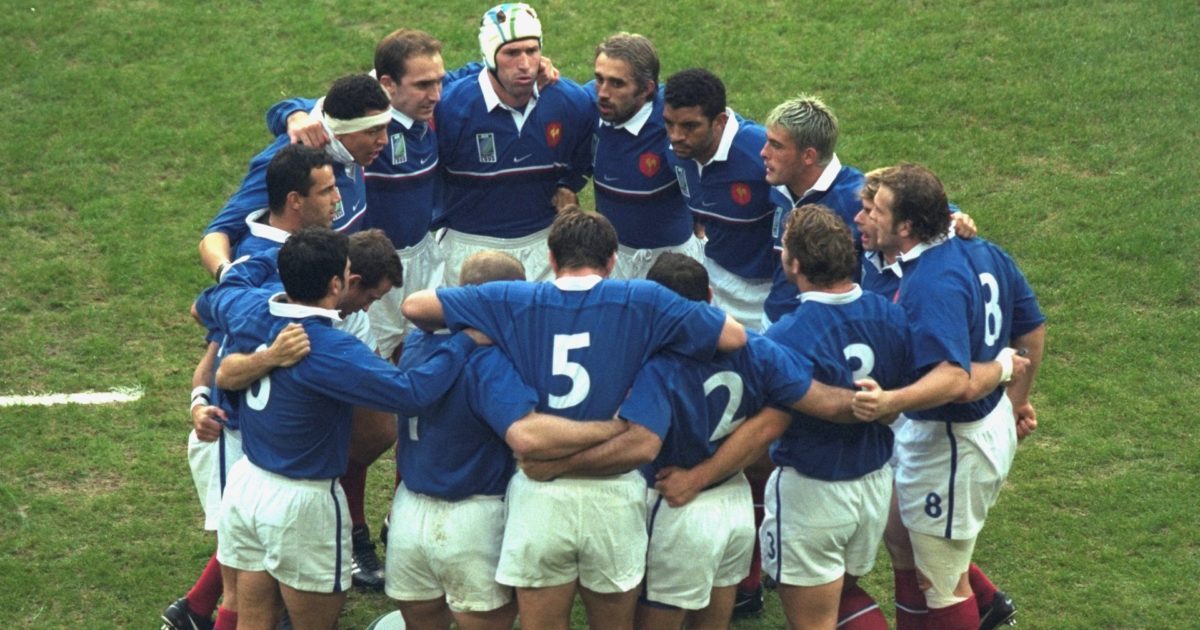Remembering the dirty tactics that undermined the flair of the France 1999 RWC side

While there is an adage that no one remembers who came in second, France made a decent stab of proving the saying wrong in the 1999 World Cup final. Les Bleus produced a performance for the ages in the semi-final against the All Blacks the week before.
Their spellbinding display of irrepressible flair shocked the tournament favourites at Twickenham, but it was a game that was still marred by controversy with accusations emerging from the New Zealand camp of biting, gouging, head-butting and even testicle-grabbing.
To this day, the build-up to any contest between the two – particularly at a World Cup – will see the words ‘filth’ and ‘violence’ resurface.
The benefit for Australia, who were waiting for France in the final 21 years ago, was that they were well prepared for such underhanded tactics that may have distracted the All Blacks, which saw them squander a 14-point lead.
Following a tip-off from their traditionally bitter rivals, Australia coach Rod Macqueen and captain John Eales devised a plan to walk off the field if France resorted to such tactics again at the Millennium Stadium.
It may have been a hollow threat, but it was one that put referee Andre Watson on alert. Unsurprisingly, the Wallabies were met by a barrage of devious tactics by their opponents.
Hooker Mike Foley, prop Richard Harry and scrum-half George Gregan all claimed that they were gouged and despite Watson’s lectures to French captain Raphael Ibanez, the warning fell on deaf ears.
Looking back on the victory 20 years later in the build-up to the 2019 RWC, RUGBY.com.au detailed what was heard said on Watson’s microphone by Eales, who himself suffered a damaged cornea.
“I fear for my team’s safety” was one complaint to the South African official, the captain warning “if this continues, we will leave the field – we will just leave the field”.
France’s unswerving commitment to play in such a way was ultimately their undoing though as they conceded 16 penalties in total. Matt Burke kicked 21 points simply though penalties.
Australia were no saints either in this match, Watson brandished a yellow card to Eales for recklessly entering a ruck. But as is so often the case in rugby (albeit maybe not in the previous weekend’s semi-final), the most ill-disciplined side lost.
After the victory, the accusations of gouging were raised by the BBC. Eales responded: “The French are such a good side, they don’t need to play like that.” It was a typically classy response, particularly in light of how the runners-up chose to behave.
Eales’ crimson right eye as he lifted the Webb Ellis Cup aloft told the story, primarily that France could not get under the skin of the Wallabies in the same way they did against Australia’s rivals across the Tasman Sea.











































































